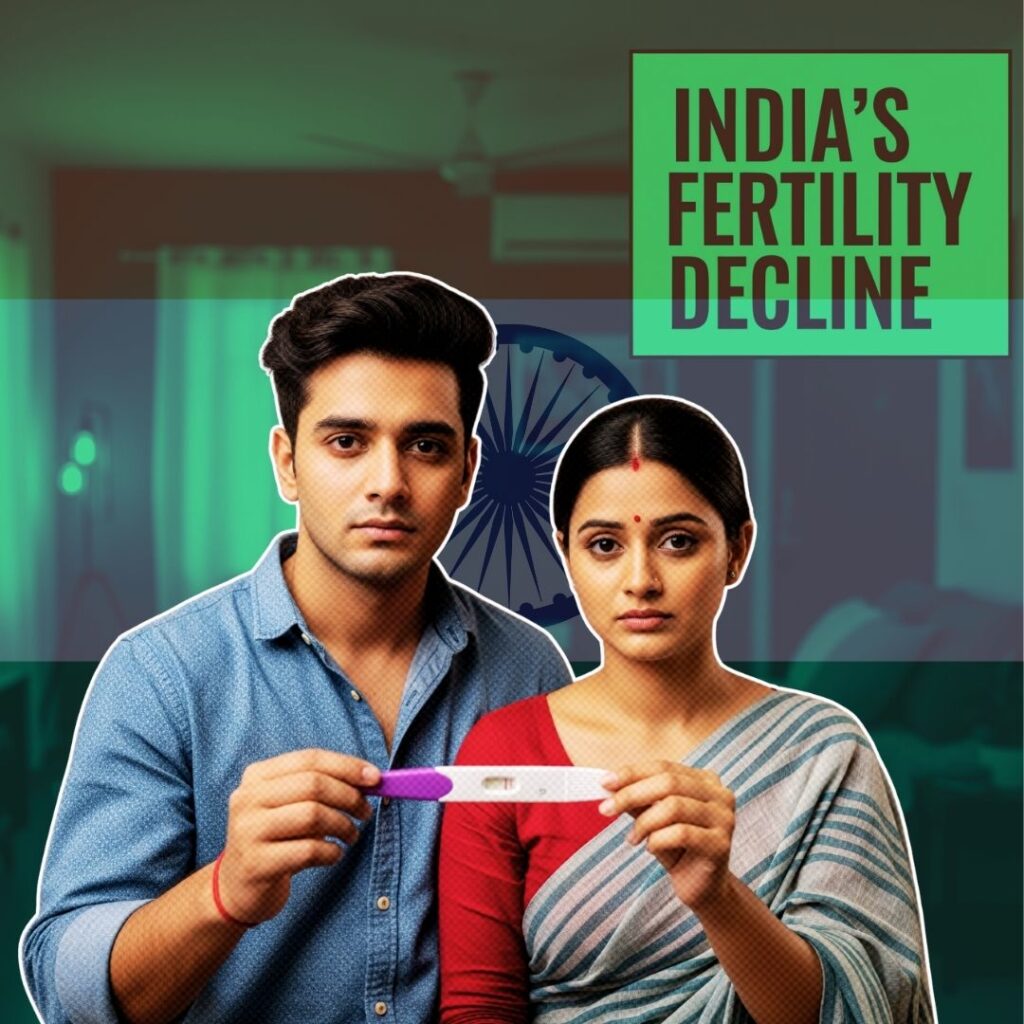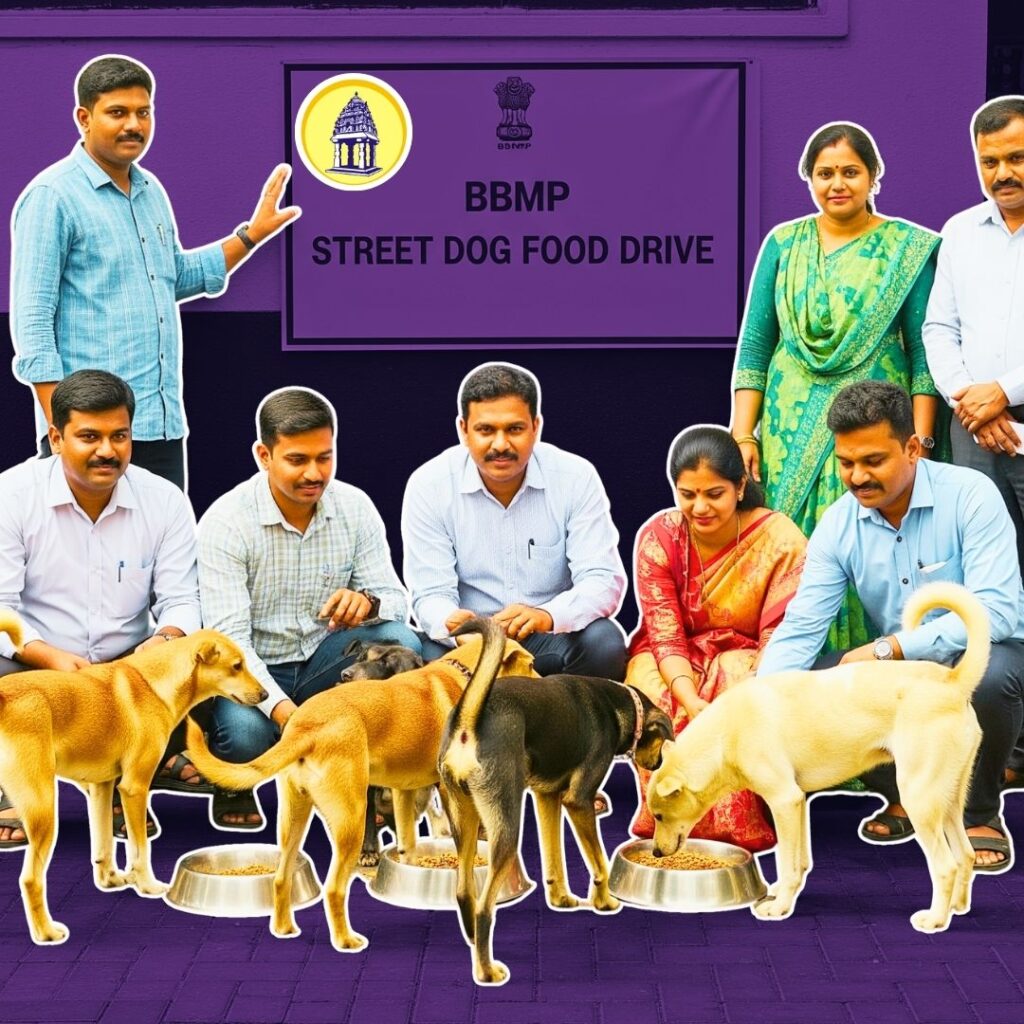Gender disparities and distinctions based on gender is not an uncommon thing. One might outrightly deny it or might accept it, internalise it and then try to fit into the norm that has been set. Very few among us muster up the courage to challenge the set pattern and bring about a positive change in the society.
The NFHS 2015-16 survey pegs the number for women using hygienic means of managing menstruation in India at 78% in urban areas, 48% in the countryside and 58% overall. Today, nearly 6 out of 10 women in India have access to disposable sanitary napkins.
There is no need to reiterate the fact that menstrual health and hygiene is severely affected by gender discrimination and the taboos that come handy with these societal prejudices. In spite of the statistics, women in rural India is facing severe problems with the issue of menstrual health management.
The Logical Indian brings forth the story of Afzal Shaikh who, with the help of sanitary napkin machines is contributing in his way to bring about a change in the menstrual health scenario of India. In an exclusive interview, Shaikh has described his journey and what led him to take up this work.
The background
Afzal Shaikh is currently the owner of two companies, by the name of S A Enterprises that make machines to churn out sanitary napkins. Shaikh has been involved in the wholesale business of sanitary napkins and baby diapers in Mumbai, Maharashtra. His business was going well, but Shaikh decided to diversify and thus started investing in the business of selling raw materials for the napkins and the diapers.
“However, I soon realised that the way this business is growing it would be beneficial if we started making new machines that were making headways in the market,” Shaikh explained. “The first machine made maternity pads and the second machine that came up made without wings, rectangular shaped sanitary napkins in 2005,” he added.
Training Sessions
While in the middle of making machines, Shaikh realised that they are very costly, almost amounting to Rs 40,00,000 – thus, the clients were not able to get any profits. It was at this juncture that Shaikh decided on making a low-cost machine which would not be using as much electricity as the current ones did.
The latest machine that his company made in 2015 used only 20% electricity and is used to churn out ultra-thin sanitary napkins, which is in high demand in the market and according to Shaikh, will be in demand in the future as well.
Women employees at work What he aims to do with the machines?
These machines have been installed in 28 states in India as of now and Shaikh points out that his main objective is to propagate the notion of ‘Make In India’. These machines cost around Rs 2-3 lakh.
“These machines have the capacity of churning out ultra-thin sanitary napkins in all shapes and sizes, only the colour of the dye needs to be changed,” Shaikh explained.
The sanitary napkins that come out of these machines are more durable and last for longer hours than that of the ones in use in the market – they are also cost-effective.
Shaikh said, “We make it a point to not just supply the machine to our clients but also the raw materials at wholesale price. This helps them in strengthening their own business.”
“Not just that, we train our clients by requesting them to install CCTV cameras on their site so that we can supervise, monitor and analyse their actions over those for one year without any extra cost. This reduces the chances of mistakes and also fastens the work process,” he continued.
This is in addition to the on-site training that the company provides to the client – they also help in packaging, introduce them to packaging companies, help them in getting the license, and ISO. “All of this would surely assist in making any business successful,” he said.
Shaikh proudly stated this machine is capable of churning out napkins which are of excellent quality. Also, the waste that is accumulated from the creation of sanitary napkins is recycled into making maternity pads.
A particular focus on women empowerment
“90% of our clients are women. Even if the machines are bought by the male members of the families, it is the women who are in the forefront of the activity,” Shaikh explained.
Shaikh is very optimistic about the impact this machine is bringing about on the lives of women in general and those in the rural area in particular. “We are involved in spreading awareness about menstruation and doing away with the societal taboos. Several NGOs, even students from IITs have been roped in for this outreach programme that has spread far and wide,” he said.
The groundwork for this awareness programme is done by Shaikh’s company. “We are not just interested in our profit – this awareness programme is essential to us, and we aim to make it big,” he added.
Work in progress The low-cost machines produce 2,000 pieces every day. Over …











